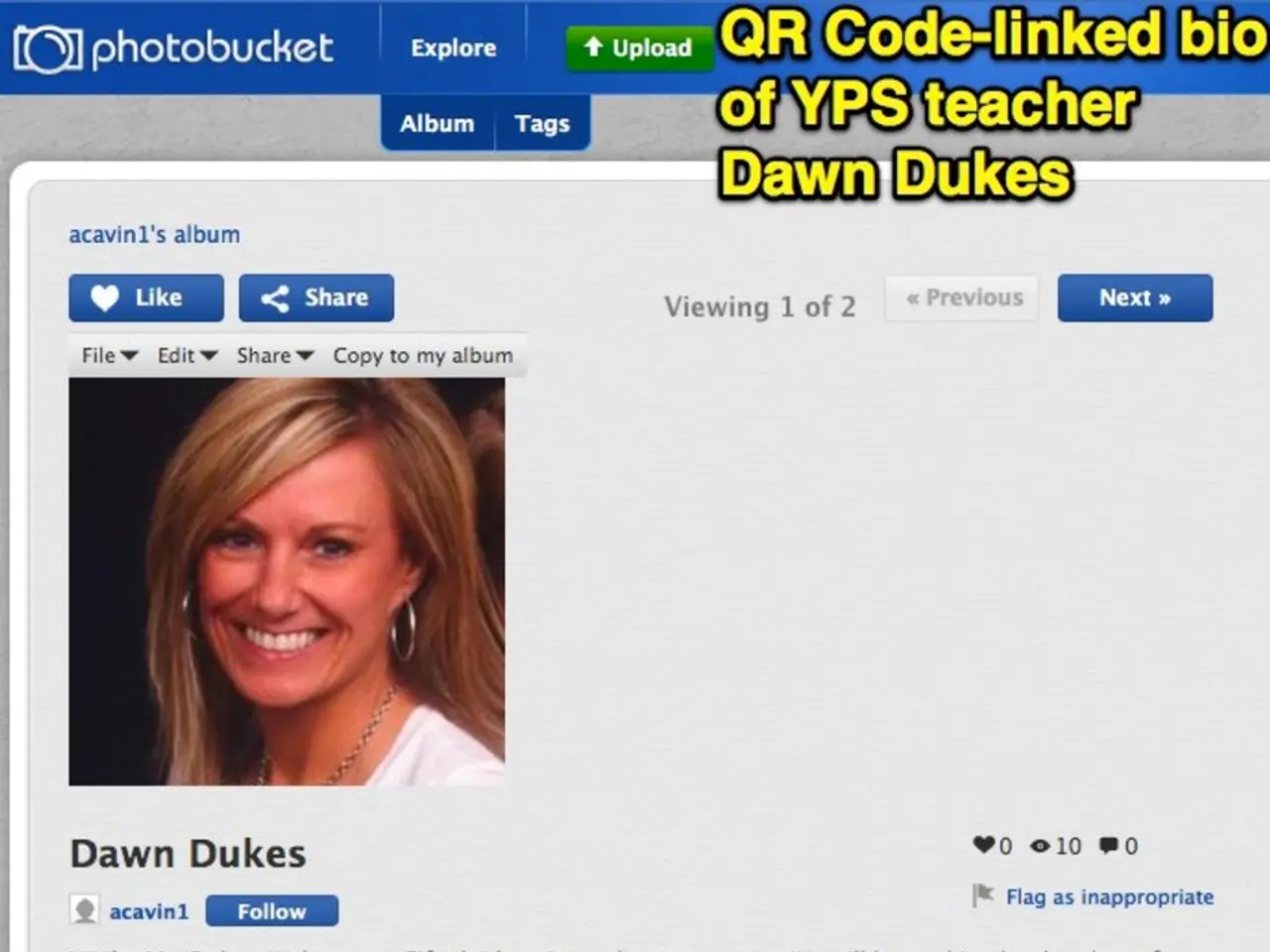Effects of Social Networks on Personal Self-Worth
In the digital age, social media has become an integral part of our daily lives, influencing various aspects, including self-esteem. While it can offer benefits, such as social support and self-expression, it can also negatively impact self-esteem, particularly among young people.
Primarily, social media affects self-esteem through social comparison, especially upward comparisons where users compare themselves to others perceived as better off. This often leads to lower self-esteem and body dissatisfaction. Frequent exposure to idealized, edited images intensifies this effect, increasing anxiety and negative body image.
Social feedback, such as likes and comments, also plays a critical role. Positive feedback can boost self-esteem, while fewer likes or negative feedback can decrease it and cause feelings of inadequacy.
However, social media can be beneficial when used constructively. It provides platforms for self-expression and positive reinforcement, which can improve confidence and mental health.
To protect self-esteem on social media, experts recommend several strategies. These include limiting social comparisons, seeking positive social interactions, setting boundaries on social media use, promoting offline connection, educating about safe, responsible use, and focusing on intrinsic value.
By being mindful of upward comparisons and recognizing curated, idealized content is often unrealistic, users can avoid the pitfalls of social comparison. Engaging with supportive communities and focusing on positive feedback rather than numbers (likes/followers) can help foster a healthier self-esteem.
Regulating time and content exposure can reduce compulsive checking and emotional exhaustion. Encouraging face-to-face socialization and physical activities can bolster real-world relationships and mental health. Understanding the risks and benefits of social media helps users navigate it more healthily, reducing vulnerability to negative effects.
Avoiding tying self-worth to social media metrics and fostering self-acceptance beyond digital validation are crucial steps towards a healthier self-esteem.
It's important to note that users tend to selectively share only the most flattering photos and positive experiences, leading to a distorted perception of others' lives. Social media platforms often present carefully constructed narratives, highlighting picture-perfect moments and idealized lifestyles.
Constant comparison with seemingly perfect individuals can fuel feelings of envy, insecurity, and a sense of inadequacy. Cyberbullying and online harassment can have a devastating impact on self-esteem, leaving victims feeling humiliated, ashamed, and isolated.
The prevalence of filters and editing tools can create a culture of unrealistic beauty standards, leading to feelings of dissatisfaction with one's own body. Cultivating mindful social media habits, such as limiting time spent on these platforms and being aware of their potential impact on well-being, can protect self-esteem in the digital age.
In conclusion, social media, when used constructively, can be a valuable tool for self-expression and social support. By adopting mindful social media habits and understanding the potential pitfalls, users can transform social media from a source of harmful comparison and validation dependence into a tool that supports healthy self-esteem and well-being.
- Social media's influence extends to various aspects of our lifestyle, including self-esteem, fashion-and-beauty, food-and-drink, and relationships.
- Strength in self-esteem enables one to navigate the fitness journey with confidence and a positive approach to health.
- In the realm of education-and-self-development and personal-growth, mindfulness practices can complement one's social media usage, promoting a balanced lifestyle.
- Shopping, career-development, and entertainment websites can be accessed through social media, offering nonetheless diverse interests in the digital age.
- Job-search platforms are also a part of the digital landscape, allowing professionals to network and advance their careers effectively.
- The pop-culture sphere flourishes on social media, fueling discussions about sci-fi-and-fantasy, movies, music, and books.
- Setting goals and partaking in skills-training programs can further enhance one's personal growth and self-development, echoing the theme of lifelong learning and growth.
- Pets, tending to be an integral part of many people's lifestyles, can be shared, celebrated, and cared for through various social media platforms, fostering online communities.
- Travel enthusiasts find solace in popular social media groups and blogs, exchanging ideas, tips, and stories about their adventures, broadening horizons.
- Cars are another topic of great interest, with numerous online communities dedicated to sharing interest, experiences, and advice.
- Social media offers a stage for users to express their opinions, voice their thoughts, and connect with like-minded individuals – all essential components of social-media engagement.
- Lastly, while social media has its pitfalls, such as the threat of cyberbullying and unrealistic beauty standards, being aware of these issues and nurturing a mindful approach to social media can help individuals maintain a healthy self-esteem alongside enjoying the benefits offered by the digital world.




